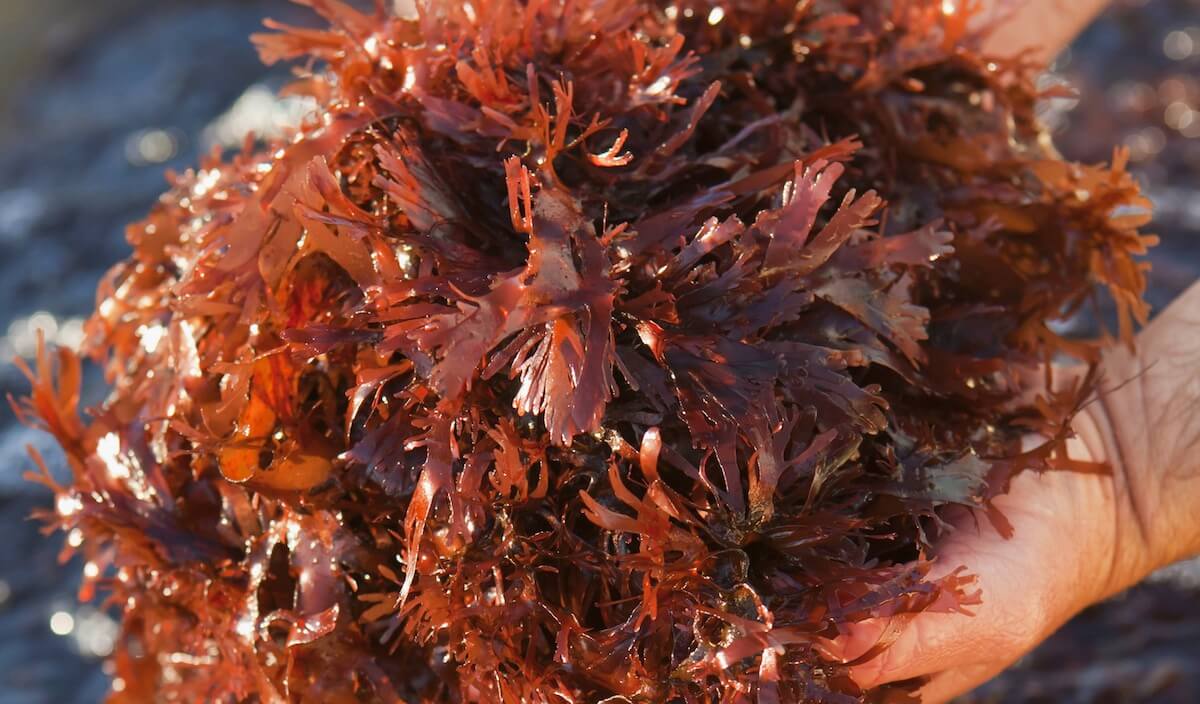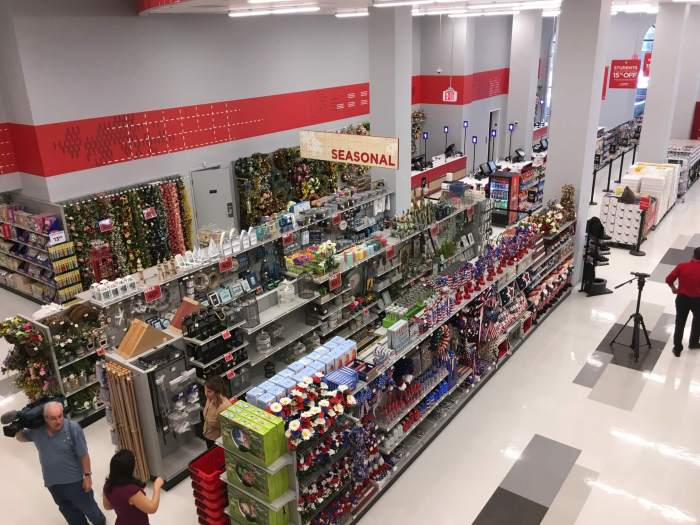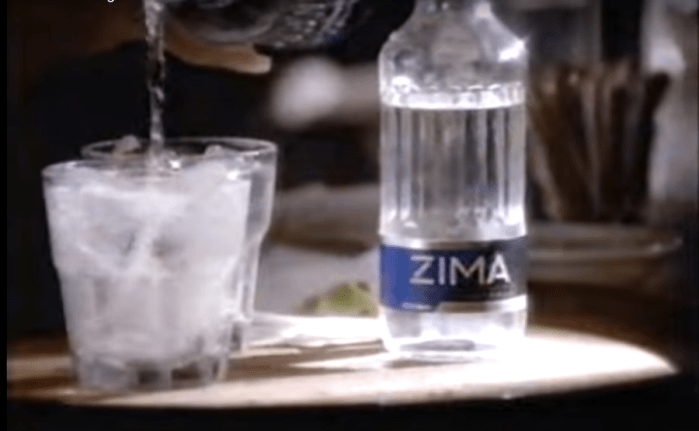Vegans, vegetarians and anyone elsemissing bacon, Oregon State University has your back.
Last week, researchers at the Newport school patented a new strain of a well-known algae, dulse, that has been grown for centuries. Exceptthe new versiontastes like bacon when cooked. Even better news: Dulse 2.0 also grows fast, has a ton of protein and is packed with minerals, vitamins and antioxidants.
RELATED: Red wine kills social stress and other nutritious news “In Europe, they add the powder to smoothies, or add flakes onto food,” lead researcher Chris Langdon said in a press release. “There hasn’t been a lot of interest in using it in a fresh form. But this stuff is pretty amazing. When you fry it, which I have done, it tastes like bacon, not seaweed. And it’s a pretty strong bacon flavor.” The red seaweed, which looks like translucent lettuce, was first grown as a superfood for the sea snail abalone, which it was successful at — a producer in Hawaii is churning out abalone faster than the sea snails’ usual growth rate. But when a business-minded colleague at the university stopped by head researcher Chris Langdon’s office, he saw the red algae growing in a tank and suggested developing it for the human market.
RELATED: Mexican food is healthy? Forget what you think you know That colleague, Chuck Tooms, took the dulse to the university’s Food Innovation Center in Portland, where it was made into several foods including a cracker and salad dressing. Several chefs in the city are testing it in their dishes. Though northern Europeans caught onto the nutritional value of dulse centuries ago, there are no facilities that grow it for human consumption in the U.S. yet. But Tooms’ MBA students are already working on a business plan.
Bacon-flavored seaweed dulse is Portland’s new foodie love

Getty Images























